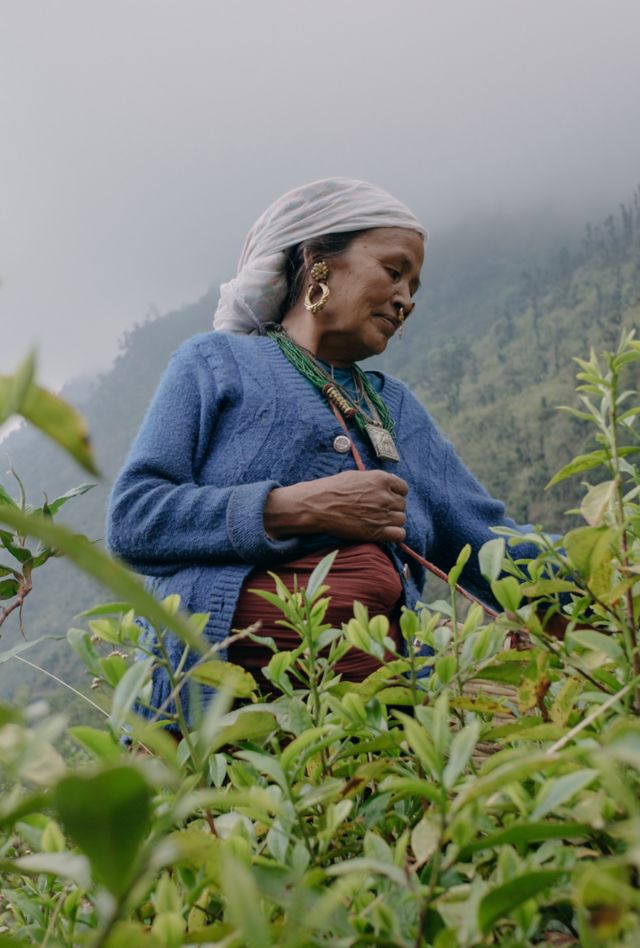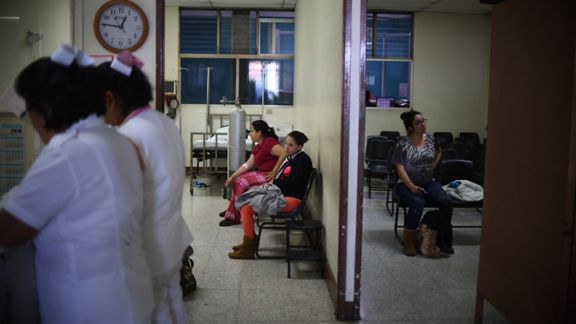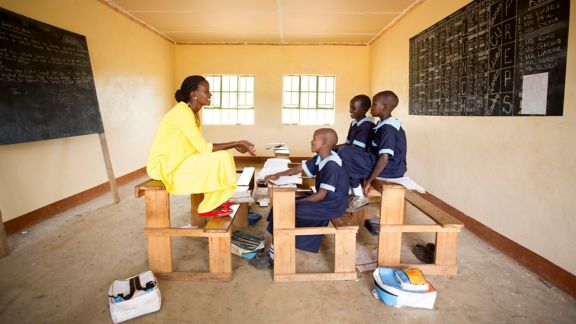USAID PRO-IP Policy: Research Supporting Indigenous Peoples’ Rights

Problem
USAID needed guiding documents and information for its work with Indigenous Peoples.
USAID published its Policy on Promoting the Rights of Indigenous Peoples (PRO-IP) in March 2020. The PRO-IP is an effort to correct the historical trend of informing rather than involving Indigenous Peoples in decisions and activities that may impact them. It contains policy objectives and operating principles to guide development practitioners to strengthen design and management of programs that affect Indigenous Peoples.
USAID’s Inclusive Development (ID) Hub within the Bureau for Development, Democracy, and Innovation requested support through NORC’s Democracy, Human Rights, and Governance: Learning, Evaluation, and Research II contract to build an internal knowledge base and analysis framework to guide and measure how USAID’s Operating Units (OUs) globally are integrating Indigenous Peoples into development activities.
This was integral work towards USAID’s goal of increased engagement with Indigenous Peoples and NORC’s commitment to the inclusion of diverse perspectives in our work.
Solution
NORC conducted primary research with USAID’s Operating Units and Indigenous Peoples’ organizations.
To prepare a landscape analysis of OUs’ inclusion of Indigenous Peoples in their work, NORC reviewed over 200 USAID documents, conducted interviews with staff from 16 OUs, and compared the PRO-IP to seven relevant policies of bilateral and multilateral donors and publications from Indigenous Peoples’ organizations.
NORC then developed eight case studies—the Amazon Basin, Colombia (two cases), the Democratic Republic of Congo, Ecuador, Guatemala, Peru, and Ethiopia—to compile lessons learned and recommendations for activity co-creation with Indigenous Peoples' organizations, drawing from interviews with the OUs and Indigenous Peoples’ organizations to ensure inclusion of key perspectives.
NORC also developed performance monitoring indicators and learning questions to guide the ID Hub and OUs in tracking and measuring the PRO-IP's implementation. In addition, we organized and led one global and two participatory regional workshops to gather Indigenous perspectives and input on key PRO-IP concepts and how to measure them.
Result
NORC developed indicators, learning questions, and recommendations for activity design.
NORC published the landscape analysis in September of 2021. The analysis noted that OUs are working to adapt and apply the policy, but still face challenges that are often regional or contextual. There was also mixed awareness and use of tools outlined in the PRO-IP and a lack of specific attention to Indigenous Peoples in monitoring, evaluation, and learning.
We published the co-creation learning document in April of 2023 and presented it to USAID in July of 2023. Our recommendations for OUs included scheduling separate activity co-creation sessions with further marginalized sub-groups (such as women or youth), streamlining activity co-creation processes so as not to overburden partners, and strengthening capacity on topics identified by Indigenous Peoples’ organizations themselves.
The learning questions and indicators document was published in August of 2023. The ID Hub will determine how to answer the learning questions and implement measurement and reporting of the indicators.
Related Tags
Project Leads
-
Kareem Kysia
Program Area DirectorProject Director -
Hannah LaPalombara
Research ScientistProject Manager -
Ron Wendt
Senior Research DirectorProject Manager









